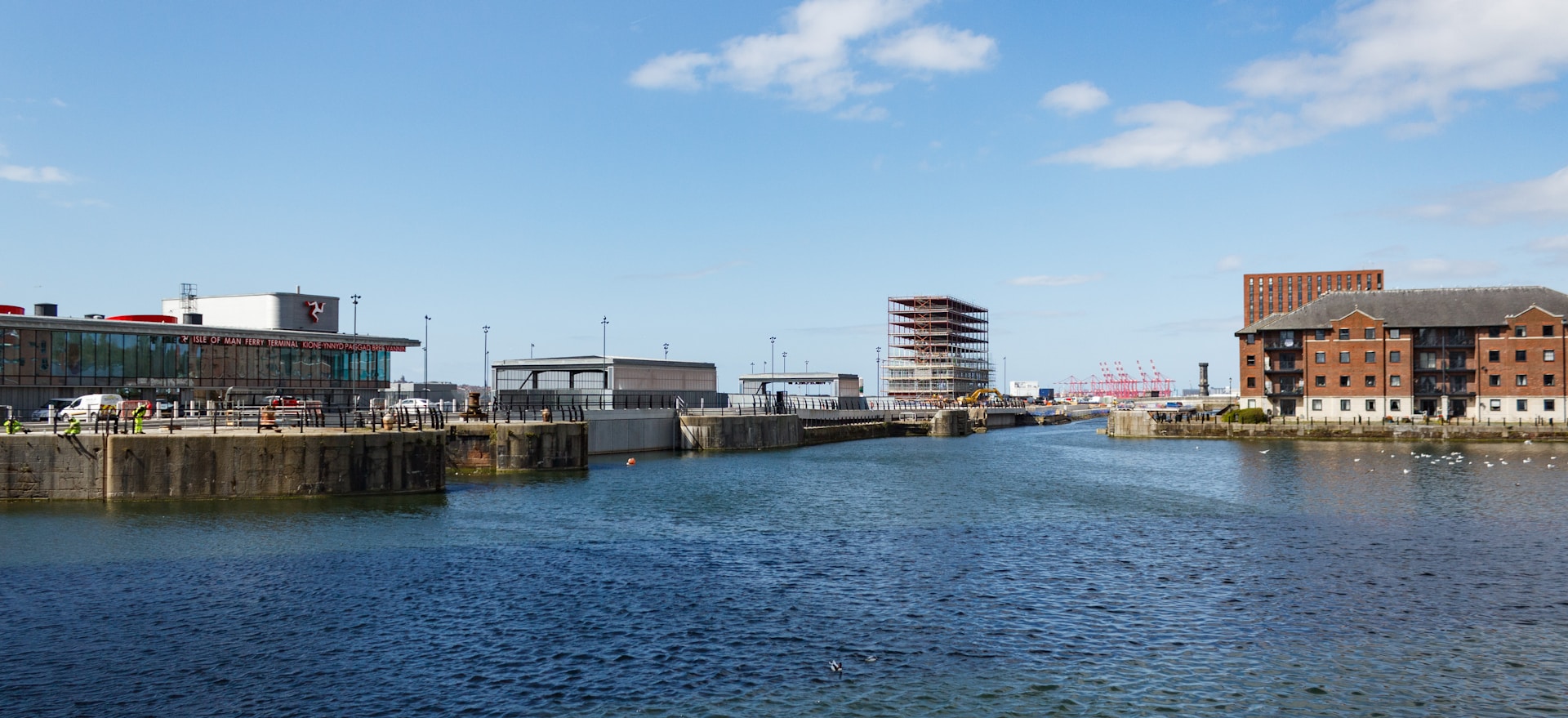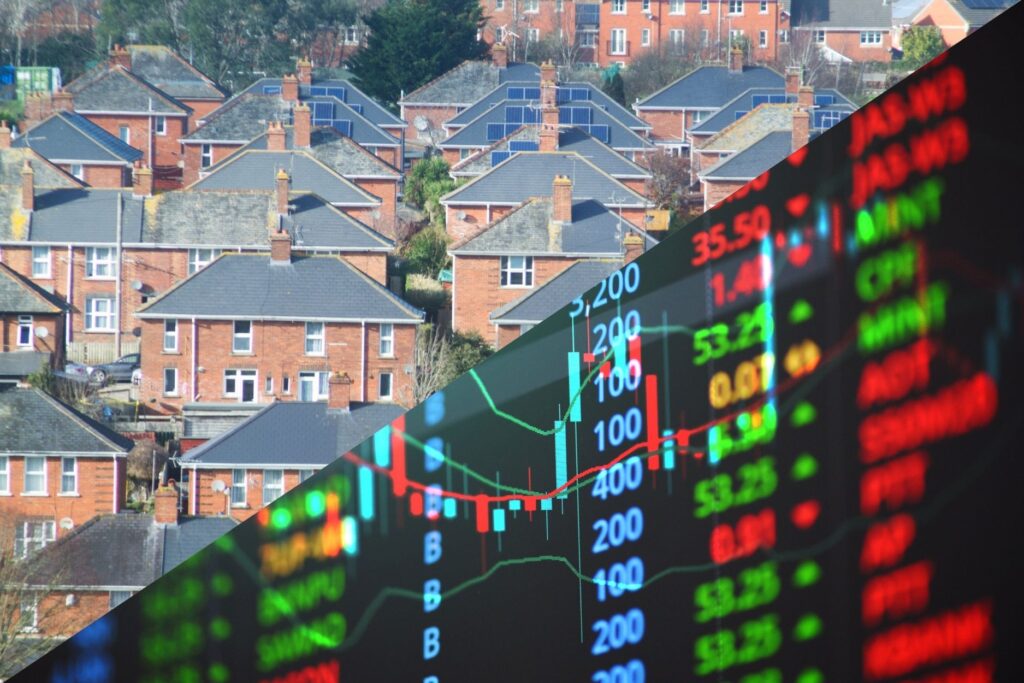Liverpool, a city celebrated for its maritime heritage and cultural vibrancy, is now making waves in the realm of sustainable energy. The installation of a new heat network, spearheaded by Peel NRE and supported by Ener-Vate, is set to transform waterfront residential spaces and position Liverpool as a leader in low-carbon innovation. This ambitious project not only underscores the city’s commitment to sustainability but also sets a benchmark for urban regeneration. Let’s delve into the details of this groundbreaking initiative and explore its significance for Liverpool’s future.
The Vision: A Sustainable Waterfront
The new heat network, known as Mersey Heat, is part of the Liverpool Waters development—a £5 billion regeneration project that spans 60 hectares of former dockland. This mixed-use waterfront development aims to create a sustainable community where people can live, work, and play. The heat network is a central component of this vision, providing low-carbon heat and hot water to thousands of homes and businesses.
What is a Heat Network?
A heat network, or district heating system, is a centralised system that delivers heat to multiple buildings from a single source. In the case of Mersey Heat, the energy centre will utilise one of the UK’s largest water source heat pumps, extracting heat from the nearby Leeds-Liverpool Canal. This innovative approach not only reduces reliance on fossil fuels but also significantly lowers carbon emissions.
Latest Construction Updates
Progress on the Energy Centre
Construction of the Mersey Heat Energy Centre is well underway, with completion expected by September 2024. The centre will house advanced technologies, including the water source heat pump, which will supply heat to a 6km district heating network. This network will serve up to 6,700 homes and 1.3 million square feet of commercial space within Liverpool Waters and beyond.
Expansion Plans
The initial phase of the project is designed to supply 20GWh of heat annually, with planning permission in place to expand capacity to 45GWh. This expansion could provide heating and hot water to approximately 17,000 new homes, further cementing Liverpool’s role in the region’s decarbonisation journey.
Challenges and Innovations
While the project has faced challenges, such as complex ground conditions and logistical hurdles, the team has demonstrated resilience and ingenuity. The collaboration between Peel NRE, Ener-Vate, and Vital Energi ensures that the project remains on track, with a focus on delivering high-quality and sustainable solutions.
Liverpool Leading the Way
A Model for Urban Regeneration
Liverpool’s commitment to sustainability is evident in the integration of the heat network into the Liverpool Waters development. This initiative not only enhances the city’s environmental credentials but also serves as a model for other urban regeneration projects across the UK. By prioritising low-carbon solutions, Liverpool is setting a precedent for sustainable development.
Economic and Social Benefits
The heat network is expected to bring significant economic and social benefits to Liverpool. By providing affordable and reliable heating, the project will improve the quality of life for residents and reduce energy costs for businesses. Additionally, the creation of green spaces and landscaping around the energy centre will enhance the urban environment, making Liverpool an even more attractive place to live and work.
Collaboration and Expertise
The success of the Mersey Heat project is a testament to the collaborative efforts of Peel NRE, Ener-Vate, and Vital Energi. Ener-Vate, a market-leading consultancy specialising in district heating, has played a pivotal role in the project’s development. Their expertise in low-carbon technologies and energy infrastructure has been instrumental in bringing this ambitious vision to life.
The Role of Ener-Vate
Ener-Vate’s involvement in the Mersey Heat project highlights their commitment to advancing sustainable energy solutions. As part of Peel NRE’s portfolio, Ener-Vate has been at the forefront of developing district heating systems across the UK. Their innovative approach and dedication to excellence have earned them industry recognition, including multiple accolades at the ADE awards.
Expertise in District Heating
Ener-Vate’s extensive experience in district heating has been crucial to the success of the Mersey Heat project. From feasibility assessments to implementation and operation, Ener-Vate has provided comprehensive support at every stage. Their ability to navigate the complexities of large-scale energy infrastructure projects has ensured that the heat network meets the highest standards of efficiency and sustainability.
A Vision for the Future
Ener-Vate’s work on the Mersey Heat project aligns with their broader vision for a greener and more sustainable future. By optimising energy usage and incorporating renewable sources, Ener-Vate is helping to reduce greenhouse gas emissions and advance the UK’s goal of achieving net zero.
Liverpool’s new heat network is more than just an energy project; it is a symbol of the city’s commitment to innovation, sustainability, and regeneration. By integrating cutting-edge technologies and prioritising low-carbon solutions, Liverpool is leading the way in creating a sustainable urban environment.
The Mersey Heat project, supported by Ener-Vate and Peel NRE, exemplifies the power of collaboration and expertise in driving transformative change. As construction progresses, the heat network is set to become a cornerstone of Liverpool’s waterfront development, providing affordable and reliable heating to thousands of homes and businesses.
With its blend of environmental responsibility, economic benefits, and social impact, the Mersey Heat project is a shining example of what can be achieved when vision and innovation come together. Liverpool’s leadership in sustainable energy sets a benchmark for other cities to follow, ensuring a brighter and greener future for generations to come.
Stay tuned for more updates as Liverpool continues to redefine urban living and lead the way in sustainable development.









